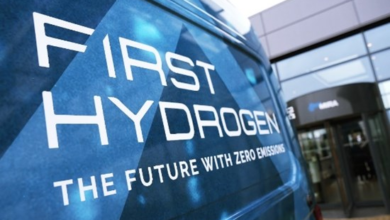Ceres and RFC Power collaborates; Proton licenses Sabien Technology
Long-duration energy storage technologies, such as hydrogen and flow batteries, have an important role in decarbonisation.

Ceres Power Holdings plc has signed joint development, and equity agreements with RFC Power limited for long-duration energy storage.
RFC plans to develop the world’s lowest-cost flow battery – a hybrid between a fuel cell and a battery that decouples power from energy. The novel technology was spun out of Imperial College London in 2017, with a patented hydrogen manganese chemistry promising low cost, high round-trip efficiency and an extremely long cycle-life. The joint development agreement will aim to improve and accelerate RFC’s technology through Ceres’ capabilities in electrochemistry and device engineering. In exchange, Ceres will receive an 8.4% shareholding in RFC and has a 12-month option to acquire the balance of the outstanding share capital in the company for up to £25 million.
In a separate development, Sabien Technology Group plc has signed heads of terms with Proton Technologies Canada Inc. for a hydrogen processing licence within UK territories.
The agreement coverage includes Sabien getting a license for Proton Technology to produce 20 tonnes/day of hydrogen produced from suitable oil fields in the UK and City Oil Field (COF) facilities in Canada. Proton will provide all necessary technical assistance to validate suitable sites and advise establishing and operating the installation. The agreement is for £100,000 in cash and 280,000 warrants to be issued at 60p/ordinary share of 3p each, valid until 19 February 2023. Moreover, Proton has an option to install a 24 tonnes/day recycling plant in Saskatchewan, Canada, site using the COF process licensed to Sabien to convert plastic waste to synthetic oil.
